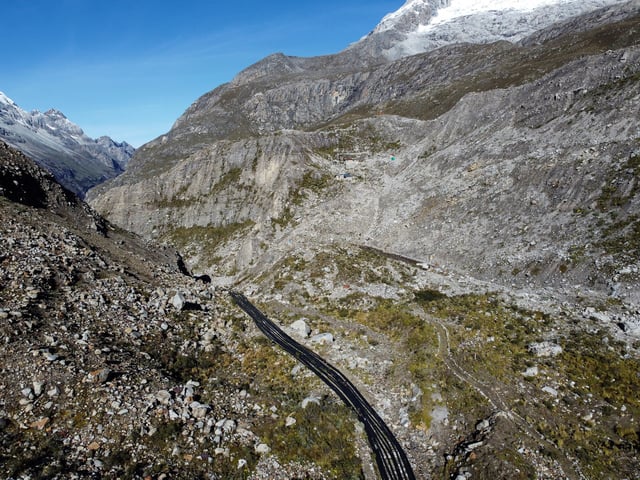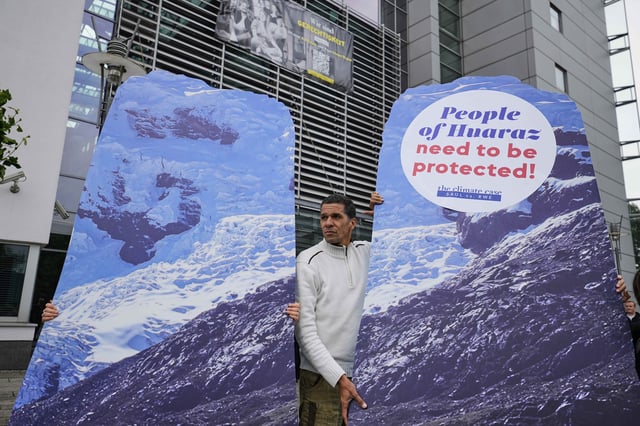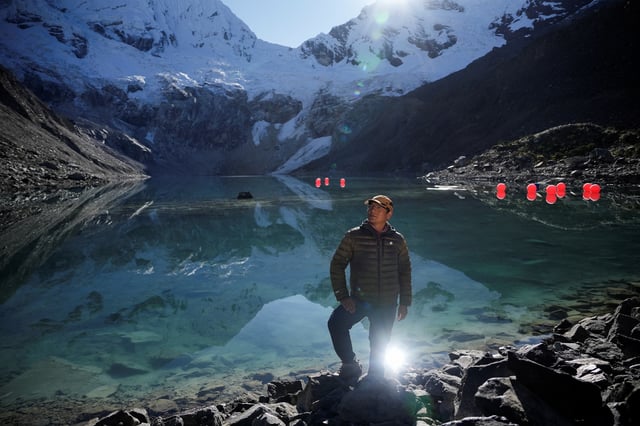Overview
- Today’s ruling will hinge on expert findings about the likelihood of a glacial lake in Huaraz flooding Lliuya’s home over the next three decades.
- Lliuya contends RWE is responsible for roughly 0.38–0.5% of global carbon emissions and should cover about $17,500 of a $3.5 million flood defence scheme.
- Court-appointed experts have estimated flood risk at 1–3% in the coming 30 years, with Lliuya’s team challenging the methodology.
- RWE argues it has complied with emissions regulations and that attributing global warming to a single company is legally untenable.
- Legal analysts say the verdict will set a key precedent for future climate change litigation, regardless of whether the case advances.



